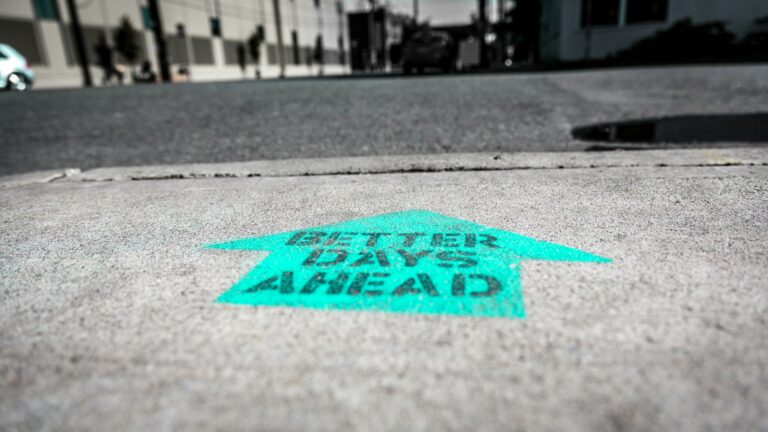No church leader today could have predicted the severe test that COVID-19 has brought to the church. But the greatest test is yet to come.
Sparring Twitter hashtags reveal the lines of division emerging in society. Will it be the same in the church? Even now church members are starting to divide over #stayhome or #endthelockdown.
This test is difficult because the dividing issues are so personal.
Dying relatives. Loved ones in front line health care.
Or the destruction of a life’s work, along with meagre savings, jobs, homes and livelihoods, all disintegrating in real-time.
Every government has ironically exposed our folly in putting too much reliance upon politics for solutions. Governments are all lumbering and ham-handed so that they are rightly criticized by those wanting either opened economies or reliable immunity.
These are the challenges that the world faces, and people are handling it as would be expected. Responses have been tragic and comic for the most part.
But what about the church? Specifically, what about your church, your local church?
The great test of Christian unity is upon us, not in some global way (although that may be true as well), but in the most local way, as churches respond to these two divisive, yet intensely personal approaches.
We’ve seen this before
When the apostle Paul wrote to the Roman church, he addressed these kinds of divisive issues (Rom 14:1–12). He might have been talking about food and feast days, but it was just as divisive as #stayhome and #endthelockdown.
So what did Paul say to the church that had two deeply felt, but opposing opinions festering together like an unlanced boil? To everyone’s surprise, his counsel was, “Welcome!”
Now such an answer doesn’t seem to be very satisfying to the personally felt, strongly reasoned opinion you might have. But it is an answer that is grounded in the sovereign authority of God.
For example, Paul says that the person who is wanting to refrain from liberty (the ‘weak’) should be welcomed by the person who exercises liberty (14:1–2). On the other hand, the person who supports a lockdown of liberty, ought not to pass judgment on the person who wishes to be free under God (v. 3), because God has welcomed that person.
You might respond and say that the lockdowners and the liberators can’t both be right. That might be true, but Paul does not admit that such certainty on this opinion is as clear as other things. No matter who is right or who is wrong, the key issue is who does the judging, “It is before his own master that he stands or falls. And he will be upheld, for the Lord is able to make him stand” (v.4).
The Great Triangle
Paul effectively relativizes the whole discussion by drawing a great triangle. The three points of the triangle are the one, the other, and God. Basically, Paul argues that each person is to prioritize the connection the other person has with God, and let that side of the triangle remain God’s business. For the individual with a strongly held opinion (food, festivals, constitutional freedoms, etc), they are to let God be the accountability point because obviously he is.
Paul concludes the triangulation saying, “we live to the Lord” (v. 7). Our rightness or wrongness about the sea-changes of our world (remember Ephesians 4:14) will not matter as much compared to the importance of whether we have acted as servants of God, among servants of God, living and dying to the Lord (v. 4, 7–9).
Like I’ve had to say to each of my sons when one of them has scolded another, “You’re not the dad”. Like siblings, it is very easy for us to assume that because we might think we know what is right, that we are entitled to pronounce judgement with the same authority as God, the Father, especially on things that the Scriptures have not explicitly revealed in detail.
A Great Limitation
Local churches need faithful pastors, now more than ever. Their need for their pastor is likely not based on their pastor becoming an internet celebrity if the low-production value of most online sermons is an indication. What churches need now are pastors who will set aside their personal preferences, even their tested intuitions about the changing seasons. Instead, churches need pastors who will encourage a great limitation. What is the great limitation? Pastors can start by confessing their limitations in understanding all that God is doing in the world. They can confess how thin and contingent are the tentative opinions we can have about tomorrow apart from the promises and warnings of God.
The great limitation which pastors can lead their people to embrace is summed up by James, in agreement with Paul, “If the Lord wills, we will live and do this or that”(4:15). That is another pastoral way of saying, we are greatly limited, and “each one of us will give an account of himself to God” (Rom 14:12).
May our local churches be counter-cultural in exhibiting watchful, yet peaceful repose in the sovereignty of God as they bear steadfast witness to a citizenship in heaven, above all principality and power (Phil 3:20; Eph 3:10; Col 2:15).
















